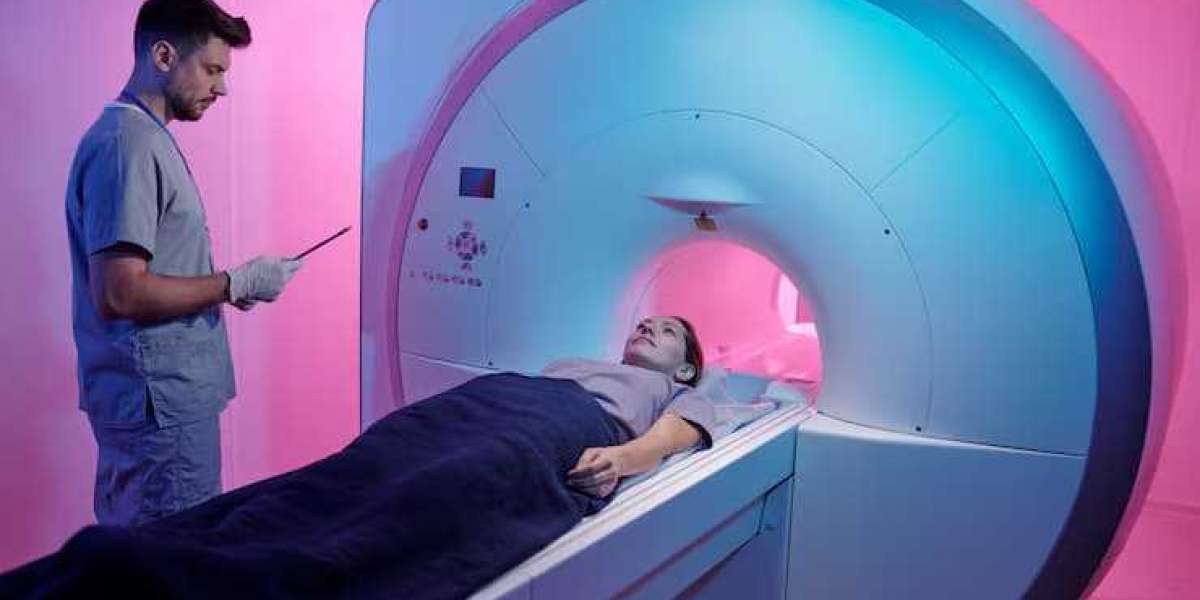Choosing the right brain surgeon is a critical decision that can significantly impact the outcome of any neurological condition. The brain is an incredibly complex organ, and the skills and experience of the surgeon can make a world of difference in both the procedure and recovery process. As patients and their families embark on this often daunting journey, it is essential to be informed and deliberate in the selection process. This article aims to provide a comprehensive guide on how to choose the right brain surgeon by considering several key factors, including qualifications, experience, and patient care philosophy.
Understanding Qualifications and Credentials
When selecting a brain surgeon, the first step is to assess their qualifications and credentials. Surgeons specializing in neurosurgery must complete extensive education and training. This typically includes a medical degree, followed by a residency in neurosurgery, which can last anywhere from six to seven years. After completing their residency, many surgeons pursue fellowships in subspecialties such as pediatric neurosurgery, neuro-oncology, or spine surgery.
It is crucial to verify that the surgeon is board-certified by a recognized professional organization, such as the American Board of Neurological Surgery (ABNS). Board certification signifies that the surgeon has met rigorous standards in education and practice. Furthermore, patients should inquire about any ongoing education or additional certifications the surgeon may have acquired. A commitment to continued learning and staying updated with the latest advancements in neurosurgery reflects a surgeon's dedication to providing the best possible care.
Evaluating Experience and Specialization
Experience is a key factor when selecting a brain surgeon. Prospective patients should consider how many procedures similar to their own the surgeon has performed. Research indicates that surgeons who perform a higher volume of specific procedures tend to achieve better outcomes. This trend can be attributed to the development of refined techniques and a deeper understanding of potential complications that come with performing surgeries repeatedly.
In addition to general experience, patients should evaluate the surgeon's specialization in relation to their specific diagnosis. For instance, if a patient is diagnosed with a brain tumor, it would be wise to choose a surgeon with a focus on neuro-oncology. Similarly, if the diagnosis involves spinal issues, a surgeon with a specialization in spine surgery would be more suitable. Understanding the nuances of the surgeon's expertise can significantly influence the quality of care received and the overall success of the surgical intervention.
Assessing the Surgical Facility
The environment in which the surgery takes place is equally important as the surgeon's qualifications and experience. Patients should research the surgical facility's accreditation and reputation. An accredited facility typically meets high standards for patient safety and quality of care. Hospitals and surgical centers that are recognized for their excellence in neurosurgery often have access to state-of-the-art technology and the latest surgical techniques.
Moreover, it is beneficial to evaluate the support staff and the overall culture of the surgical facility. A collaborative team approach that includes nurses, anesthesiologists, and rehabilitation specialists can contribute positively to the patient experience. Reading patient reviews and testimonials about the facility can provide additional insights into the level of care provided before, during, and after surgery.
Importance of Communication and Comfort
Choosing a brain surgeon is not solely a clinical decision; it is also a personal one. The relationship between the surgeon and the patient plays a crucial role in the overall experience and outcome. Patients should seek a surgeon who communicates effectively and demonstrates empathy. During initial consultations, it is essential to assess whether the surgeon takes the time to listen to concerns, answer questions thoroughly, and explain medical jargon in understandable terms.
Moreover, patients should feel comfortable discussing their fears and preferences with the surgeon. A good surgeon should encourage open dialogue and foster an environment where patients feel empowered to express their thoughts. This rapport can alleviate anxiety and contribute to a more positive surgical experience.
Seeking Second Opinions
In the realm of brain surgery, the stakes are high, and it is perfectly acceptable—and often advisable—to seek a second opinion. Obtaining additional perspectives on a diagnosis or treatment plan can provide patients with valuable insights and greater confidence in their decisions. When pursuing a second opinion, patients should consider consulting another brain surgeon who specializes in the same area of concern. This practice not only confirms the initial diagnosis but may also introduce alternative treatment options that could be more suitable.
While obtaining a second opinion, patients should share their existing medical records and diagnostic imaging with the new surgeon. This transparency allows for a more informed evaluation and enhances the quality of the second opinion. Ultimately, ensuring that all options are explored can lead to more personalized and effective treatment strategies.
Considering Patient Support and Resources
Choosing the right brain surgeon goes beyond the individual; it involves a network of support that can significantly impact recovery and long-term health. Patients should inquire about the resources available to them throughout the surgical journey. This includes pre-operative education, post-operative care instructions, and access to rehabilitation services if required. Great healthcare providers will offer resources that extend beyond the surgery itself, providing patients with a holistic approach to recovery.
Additionally, support groups can play a vital role in the healing process. Connecting with others who have undergone similar experiences can provide emotional support, practical advice, and encouragement. Patients should not hesitate to ask their healthcare team about available support resources, whether in-person or online.
Conclusion
In conclusion, selecting the right brain surgeon is a multifaceted process that requires careful consideration of various factors including qualifications, experience, communication, and available resources. By taking the time to research and evaluate potential surgeons, patients can make informed decisions that significantly affect their health outcomes. A skilled and compassionate surgeon can lead to a smoother journey through diagnosis, surgery, and recovery.
If you or a loved one is facing a neurological diagnosis and needs expert care, consider reaching out to Robert Louis MD. With a commitment to excellence and patient-centered care, Robert Louis MD offers the expertise and support necessary to navigate this challenging path. Don’t hesitate—take the first step towards your health today!







